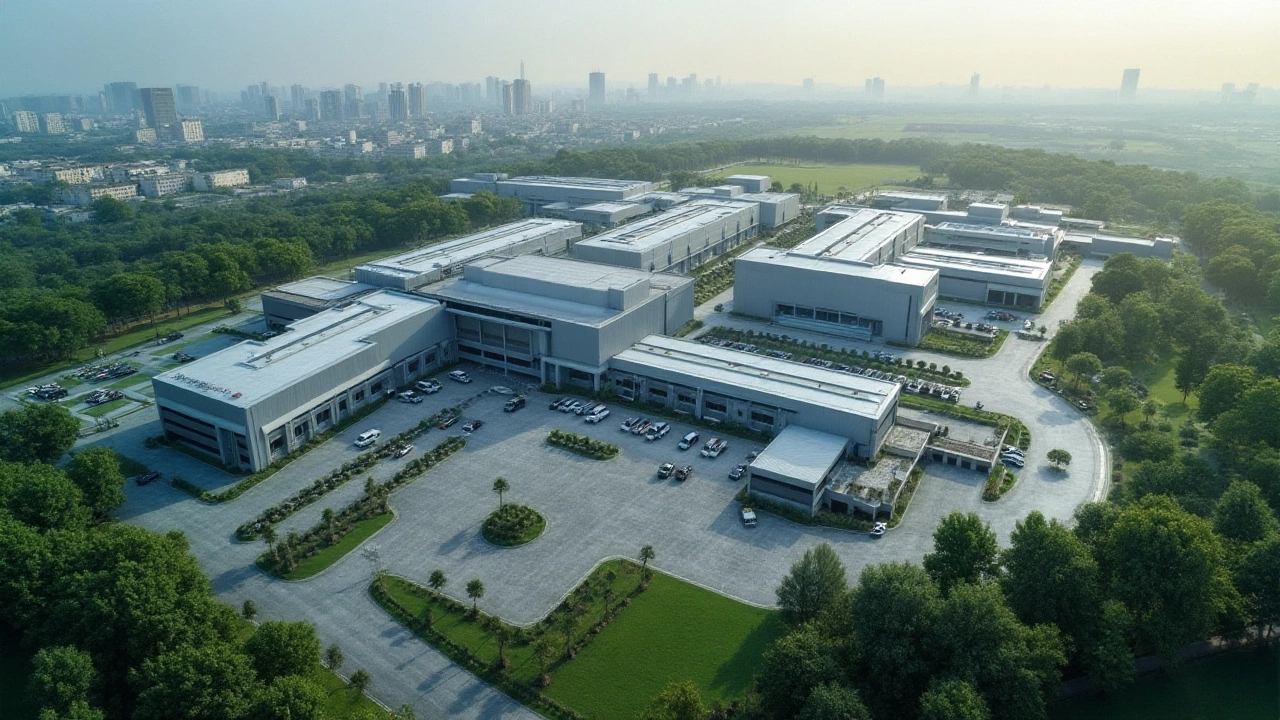Cipla Plants India – An Easy Guide to the Company’s Major Facilities
If you’re curious about where India’s biggest pharma player makes its medicines, you’ve come to the right place. Cipla runs a network of plants that cover everything from tablets to injectables, and each site has a clear focus. Knowing which plant does what can help you pick the right supplier, understand job opportunities, or simply follow the company’s growth.
Key Cipla Plants and Their Specialities
First up is the Madhya Pradesh plant in Pithampur. This huge complex handles solid dosage forms – think tablets, capsules, and chewables. The facility is equipped with modern tablet‑press machines and follows strict US‑FDA guidelines, so the output is ready for export.
Next, the Gujarat unit in Surat focuses on liquid formulations such as syrups, suspensions, and injectables. The plant’s clean‑room environment meets WHO standards, making it a go‑to for both domestic and overseas markets.
In the south, Cipla’s Tamil Nadu plant in Ranga Puram specializes in inhalation products like asthma inhalers. This site uses advanced spray‑dry technology that ensures consistent particle size – a critical factor for respiratory drugs.
Another important hub is the Bihar plant in Patna, which produces antiretroviral (ARV) medicines. The facility’s strong emphasis on quality control helps Cipla stay at the forefront of HIV treatment supplies worldwide.
Finally, the Maharashtra unit in Kalyan Dombivli handles specialty chemicals and active pharmaceutical ingredients (APIs). This backward‑integration step lets Cipla control raw material quality and keep costs down.
Why Cipla’s Facilities Matter for You
For job seekers, each plant offers different career paths. The Pithampur site, with its high‑volume tablet lines, frequently hires process engineers and quality analysts. The Surat plant, dealing with liquids, looks for chemists skilled in formulation stability.
If you’re a small manufacturer, knowing where Cipla sources its APIs can guide your own sourcing decisions. The Kalyan Dombivli plant’s API production means you can potentially partner for bulk raw material purchases.
Investors also keep an eye on these plants because capacity expansions often signal growth. For instance, Cipla announced a 30% increase in tablet output at Pithampur last year, reflecting rising demand for generic medicines.
Regulatory bodies monitor each location closely. All Cipla plants maintain ISO 9001 and ISO 14001 certifications, ensuring environmental compliance and product safety – factors that reassure patients and partners alike.
In short, the spread of Cipla’s plants across India gives the company a resilient supply chain. Whether you’re looking for a job, a supplier, or just want to understand the pharma landscape, the facts above should help you navigate the terrain.
Keep checking this page for updates on new plant launches, capacity upgrades, and other news about Cipla’s Indian operations.

Comprehensive Guide to Cipla Manufacturing Plants in India
Cipla, a leader in the pharmaceutical industry, has several manufacturing plants distributed across India. These plants are strategically located to meet the growing demand for pharmaceutical products both domestically and internationally. Each facility is dedicated to specific processes including formulation, API production, and more. Understanding the distribution and specialization of these plants can help in grasping the scope and scale of Cipla's operations in India.
Read More